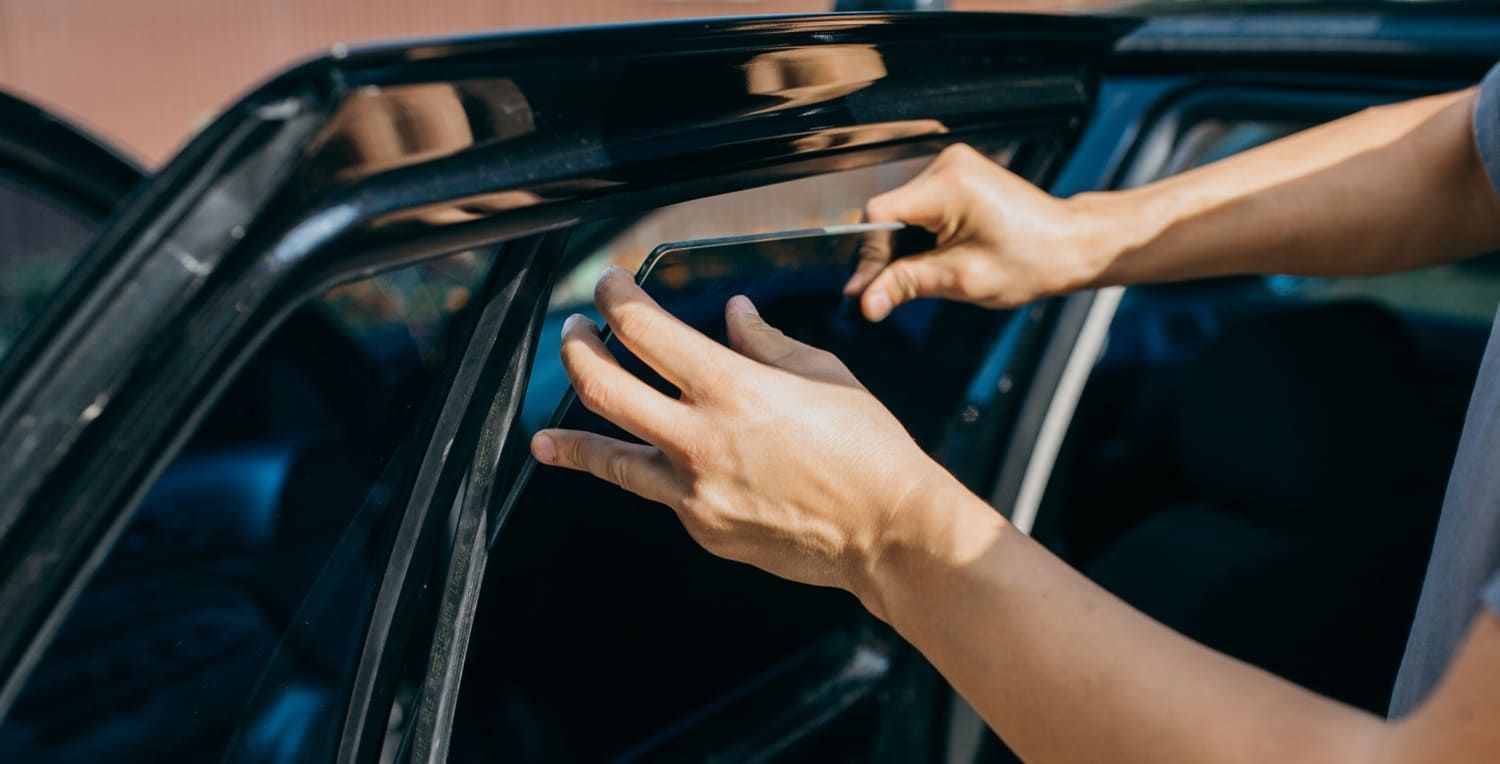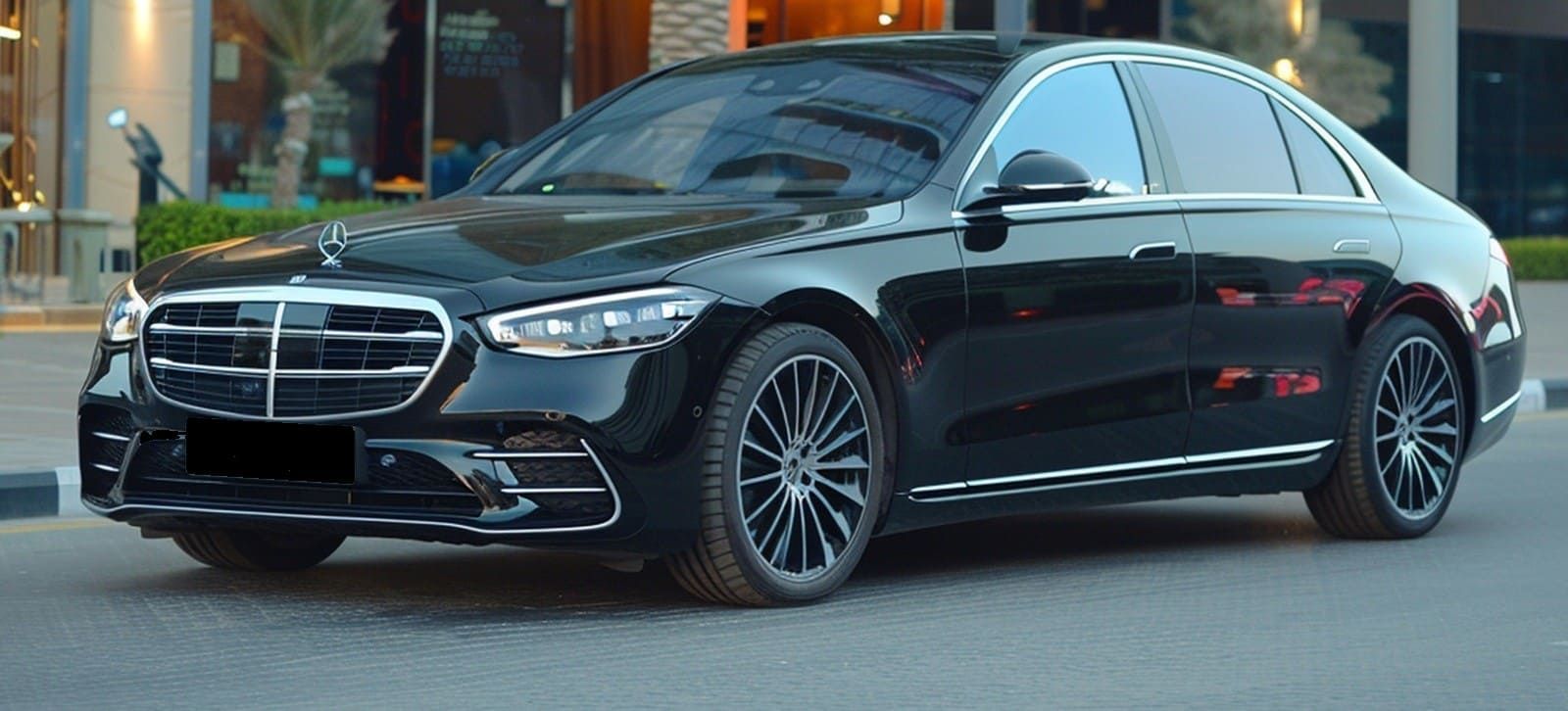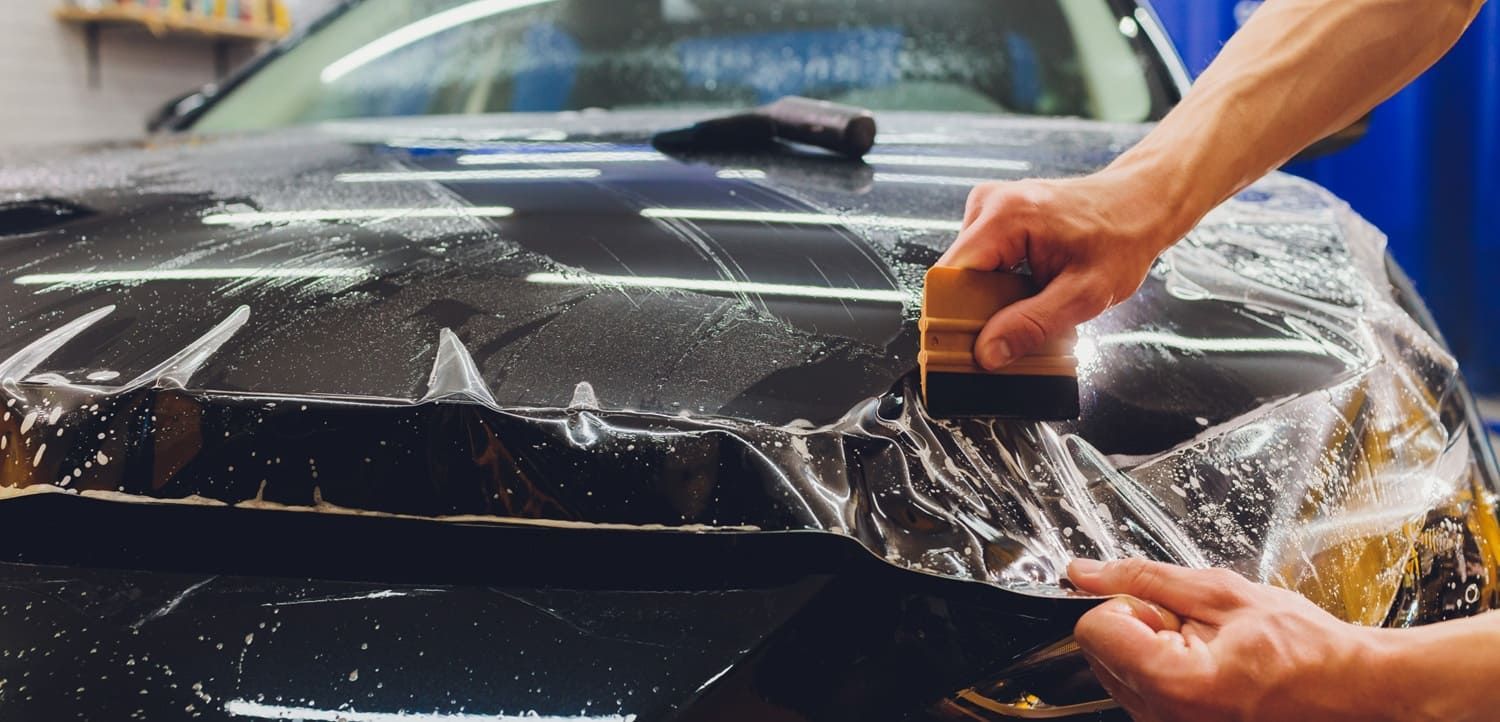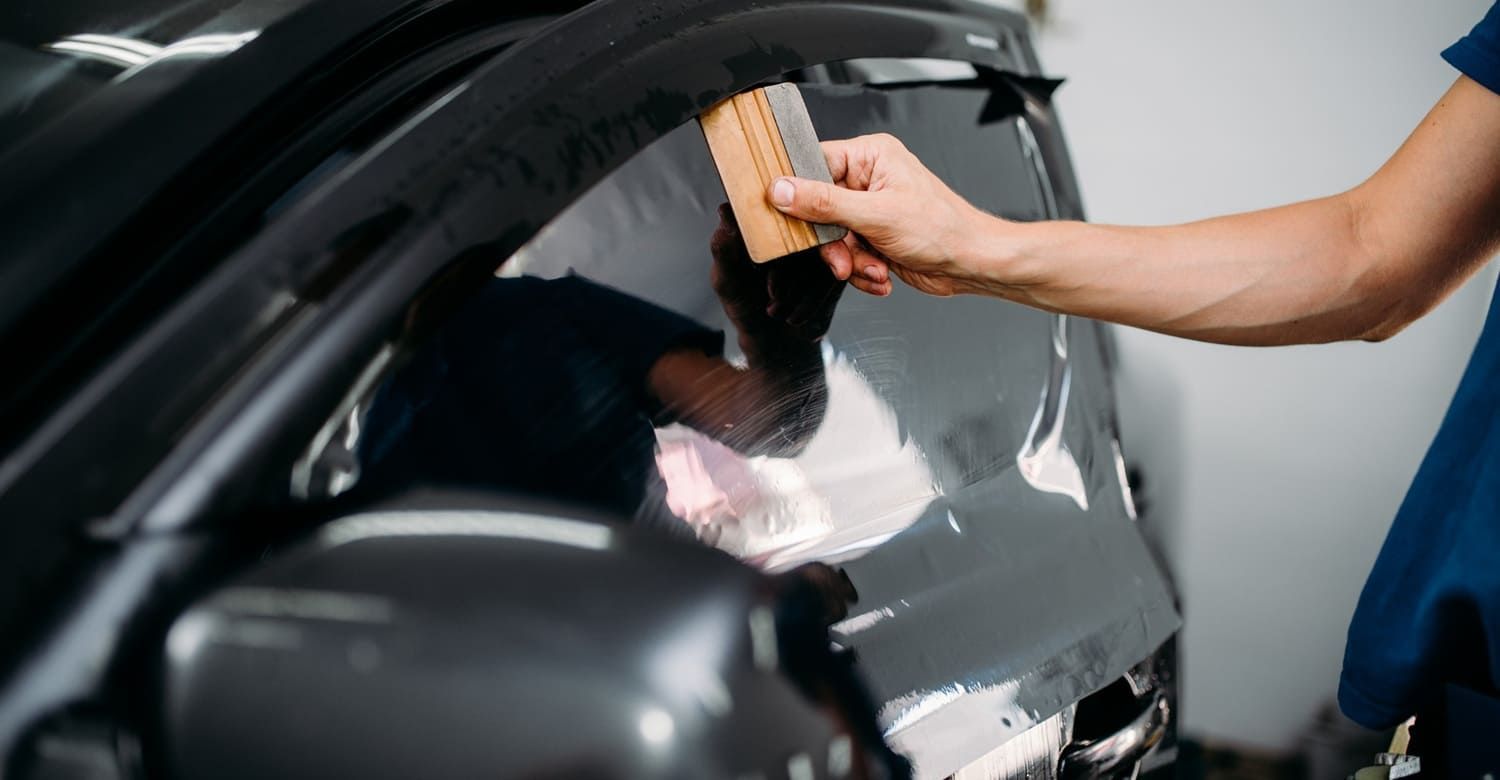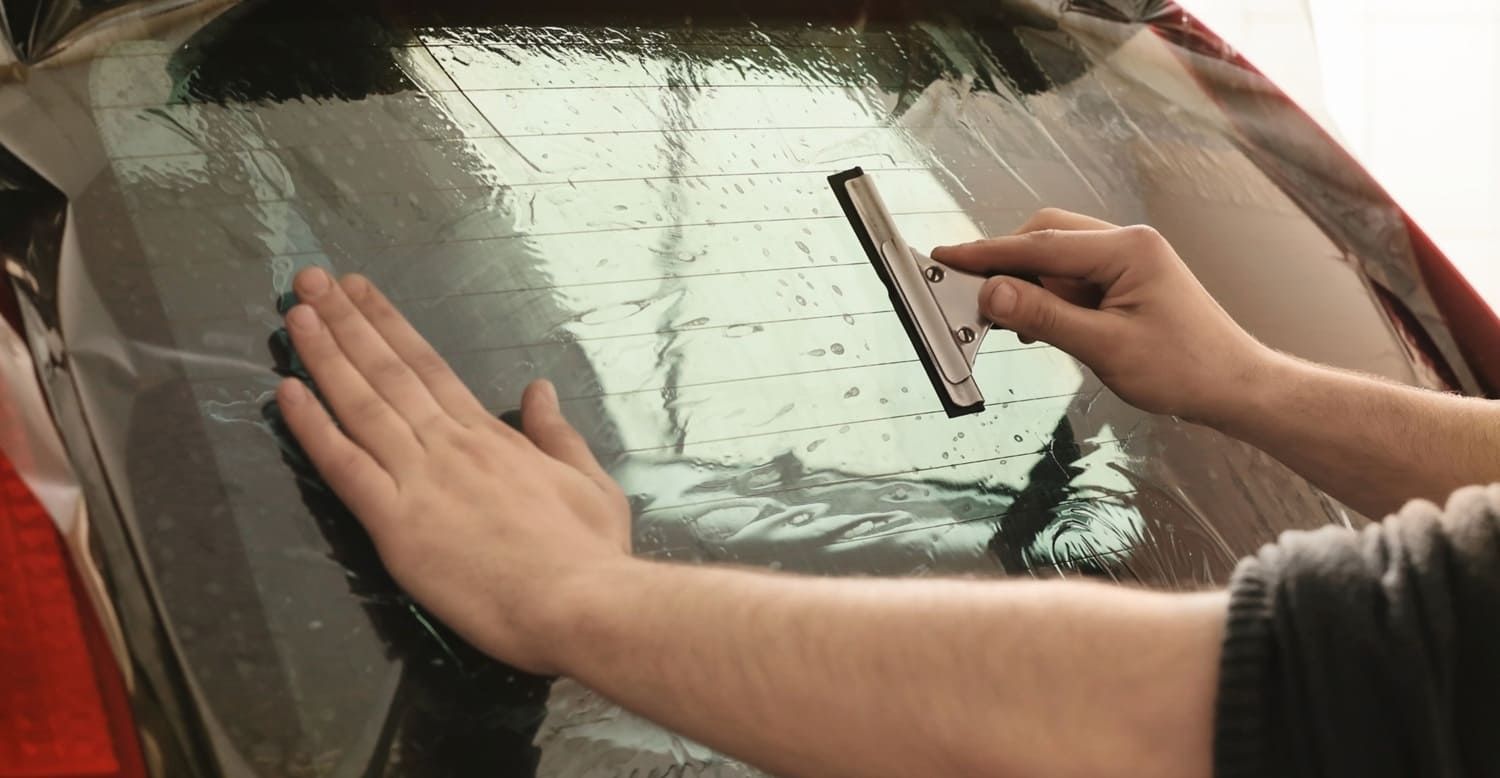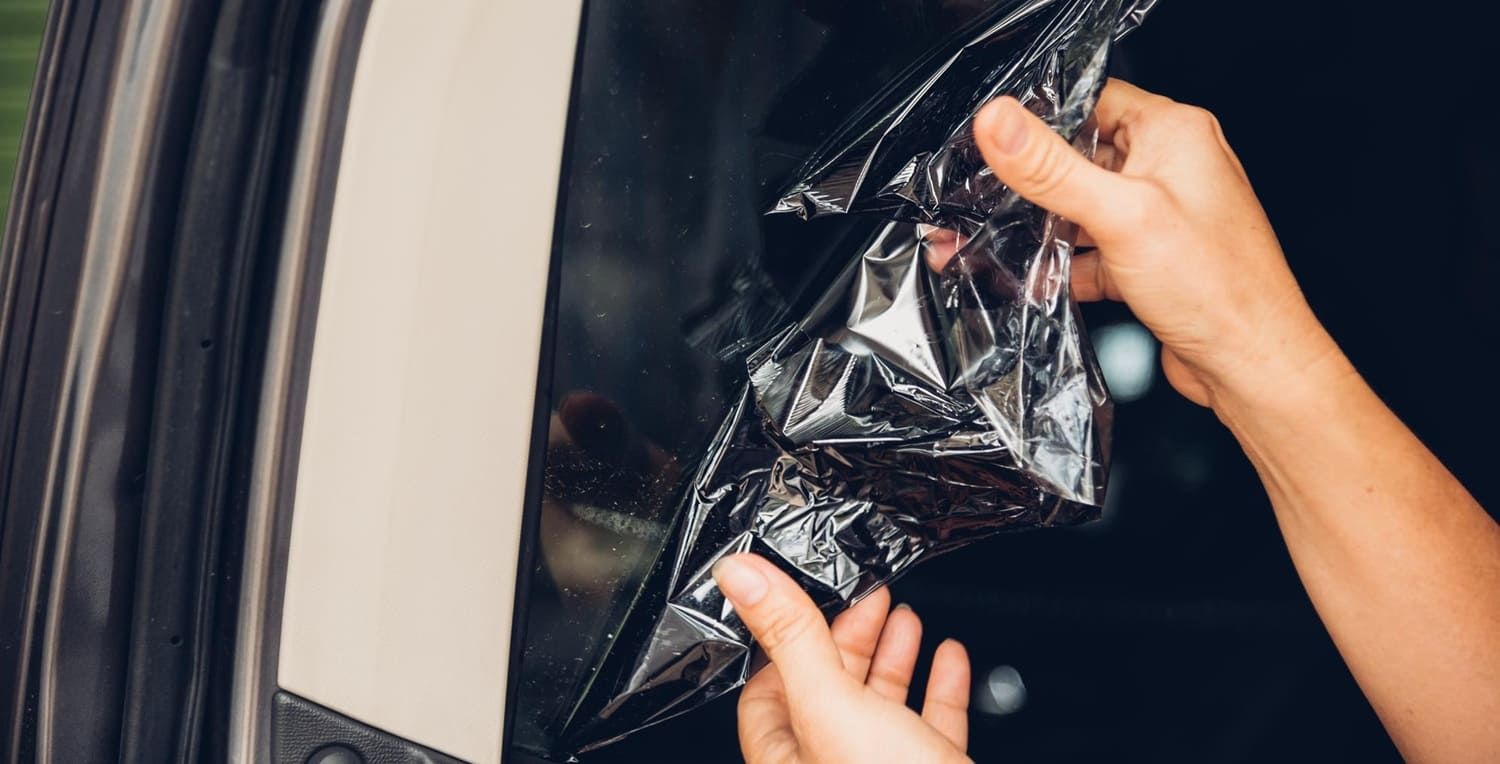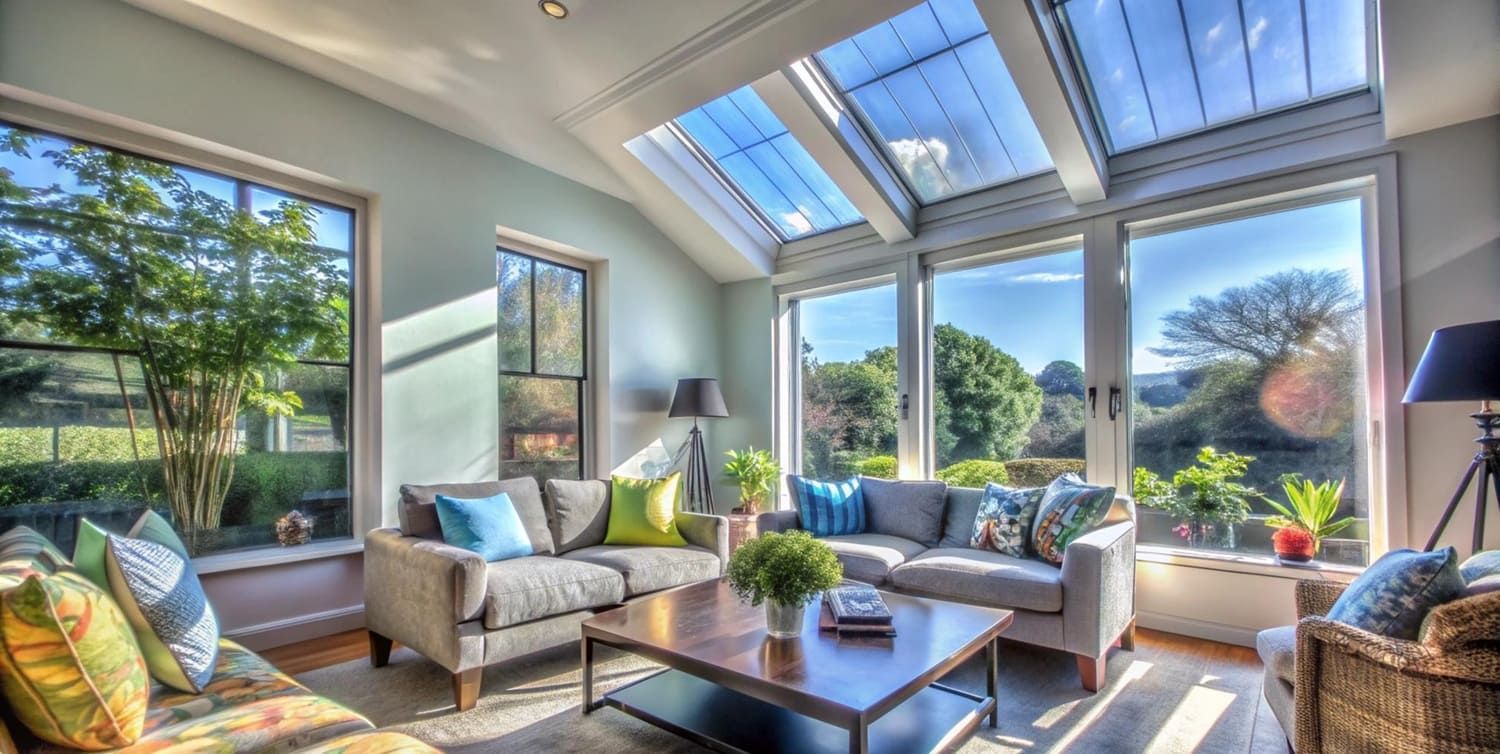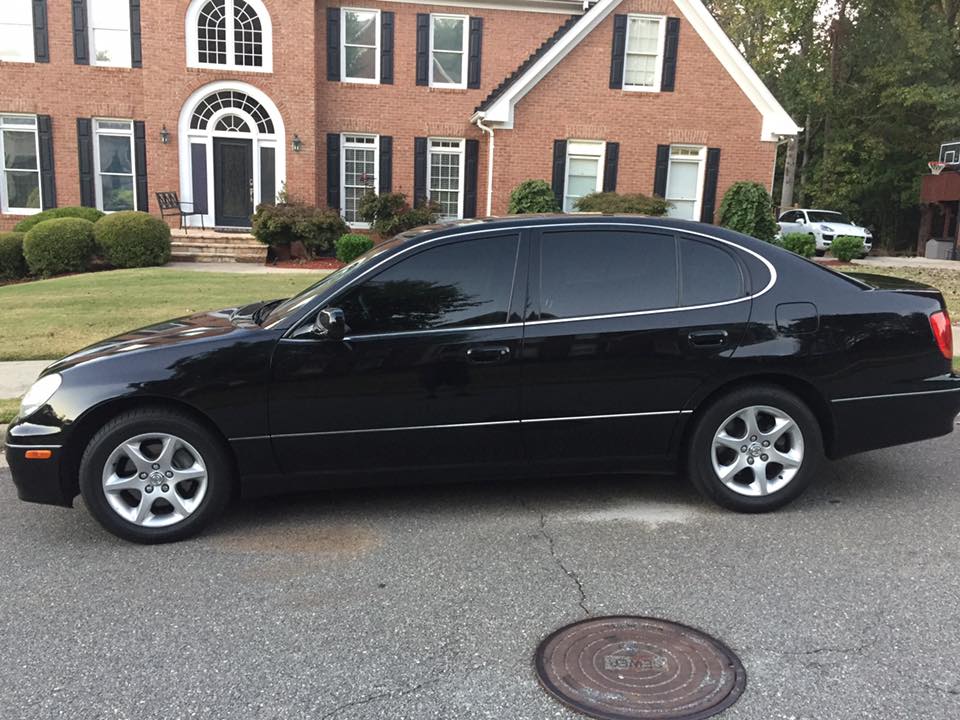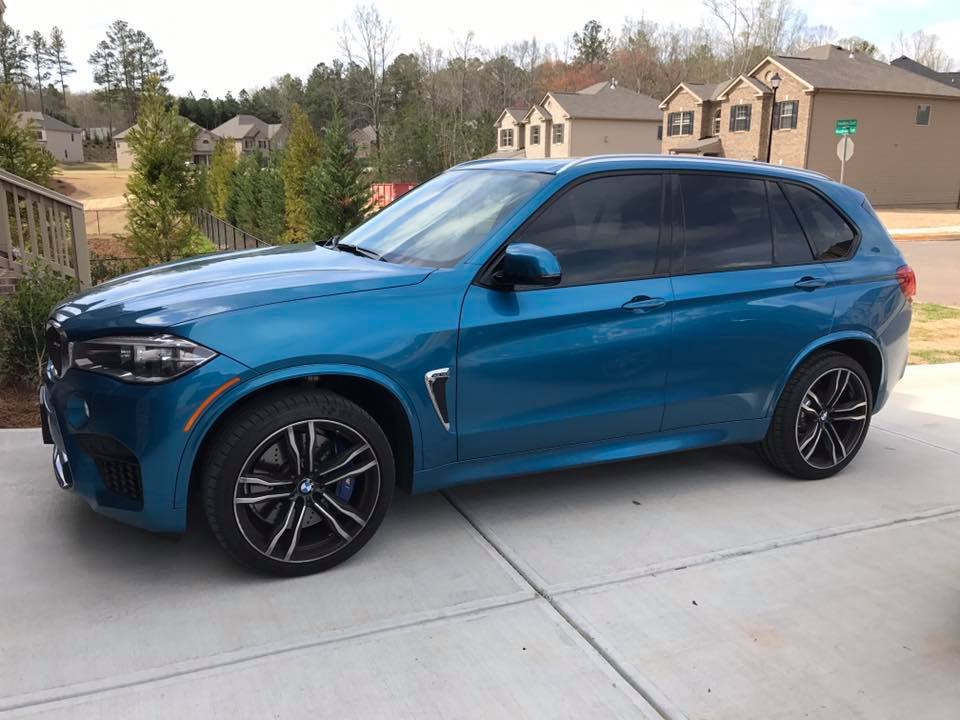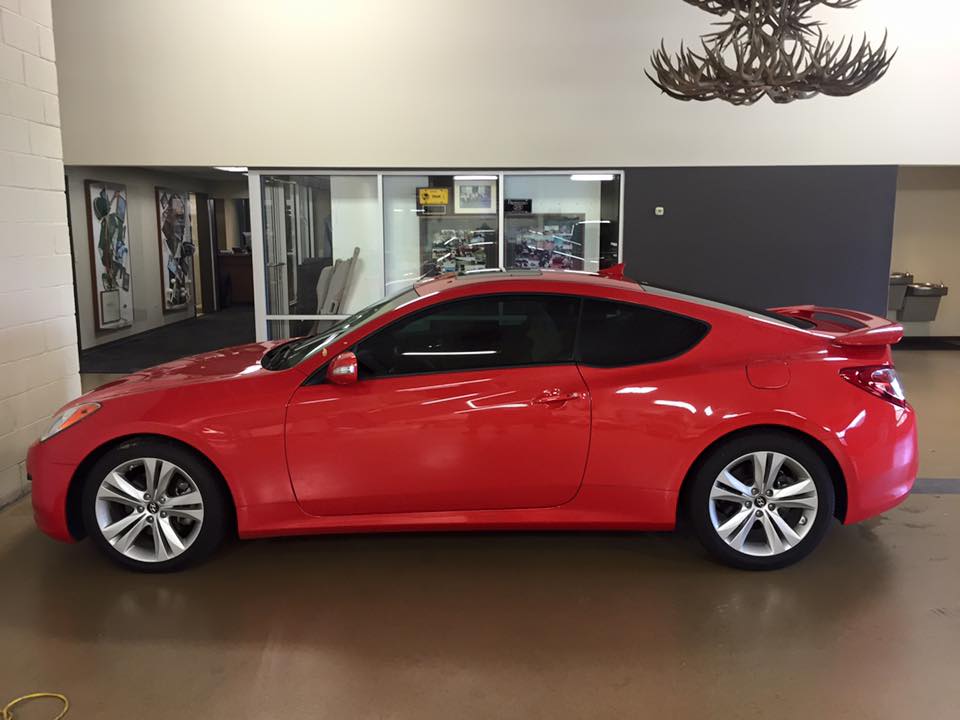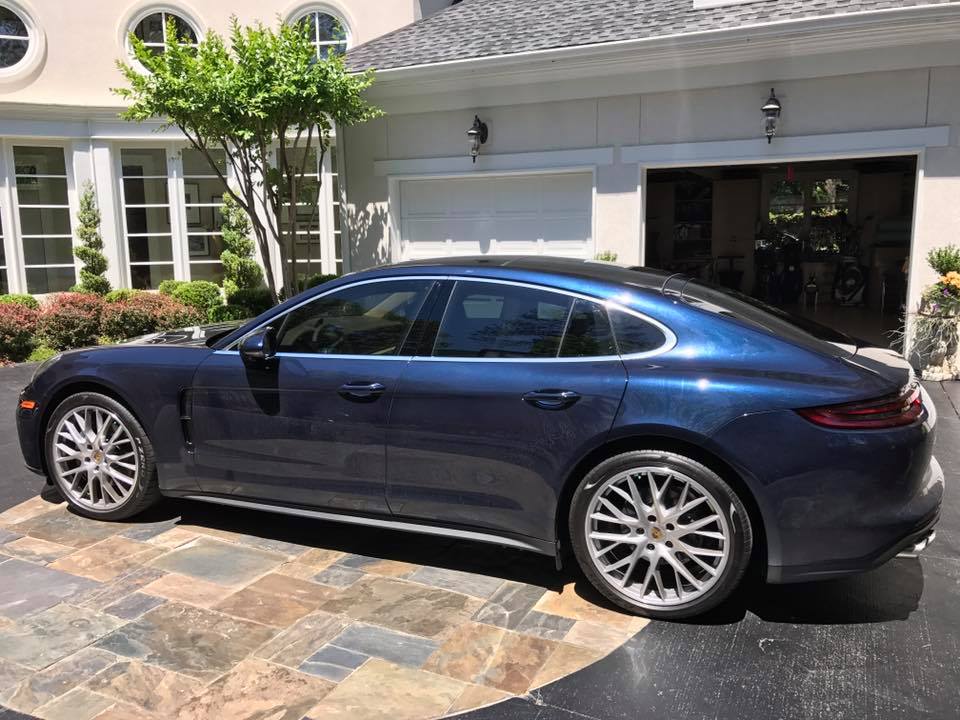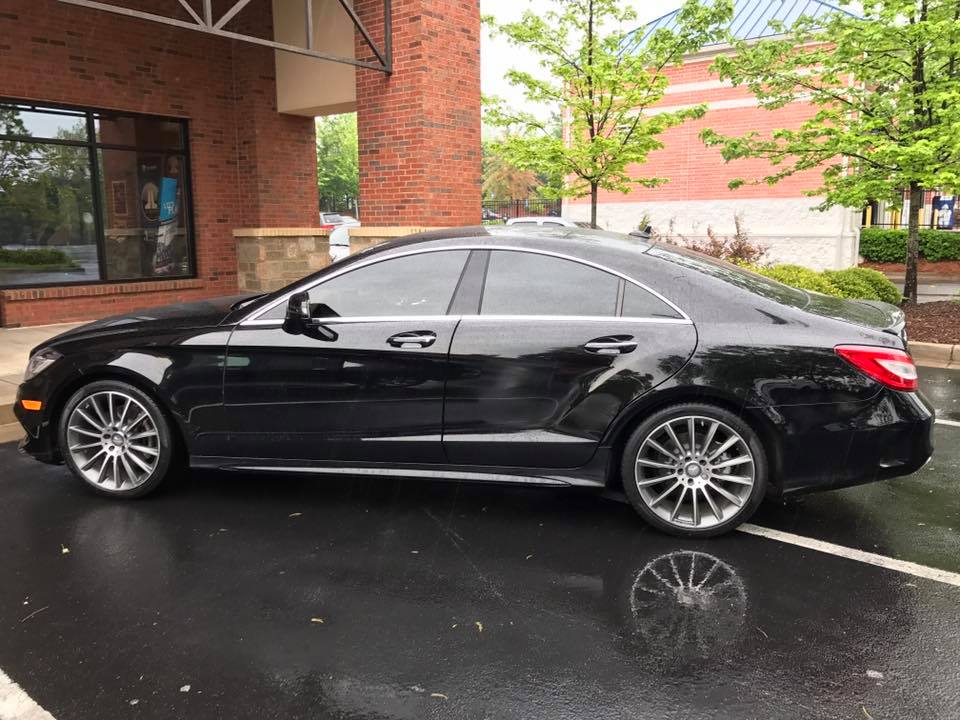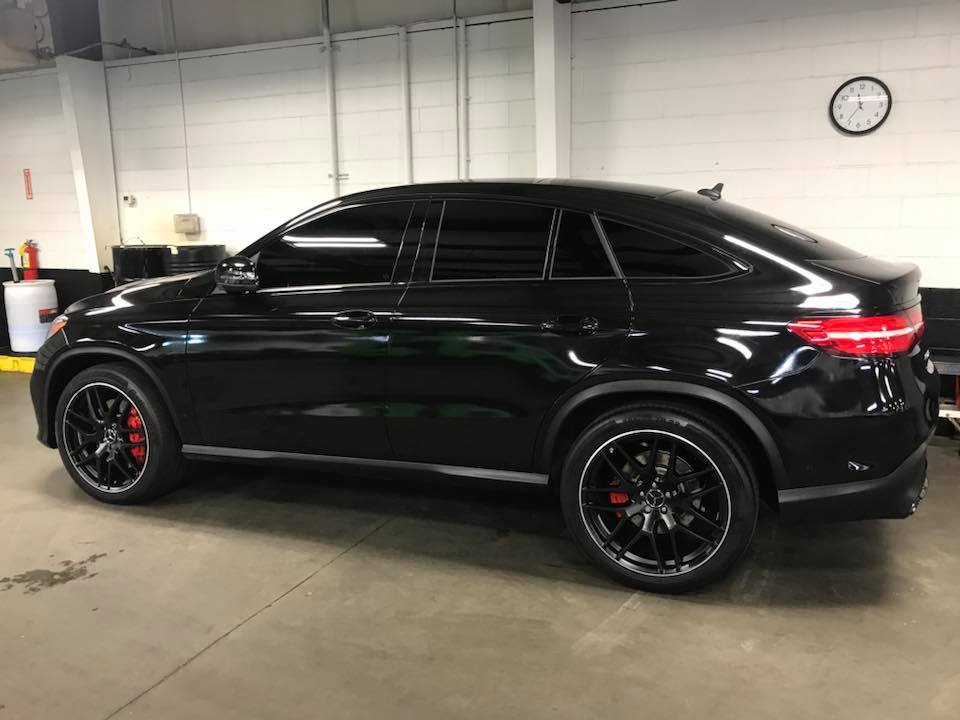Auto Answers: Your Guide to In-Shop Auto Window Tinting
Are you sick and tired of asking yourself: what's the deal about in-shop auto window tinting? If yes, take a look at everything you need to know here.
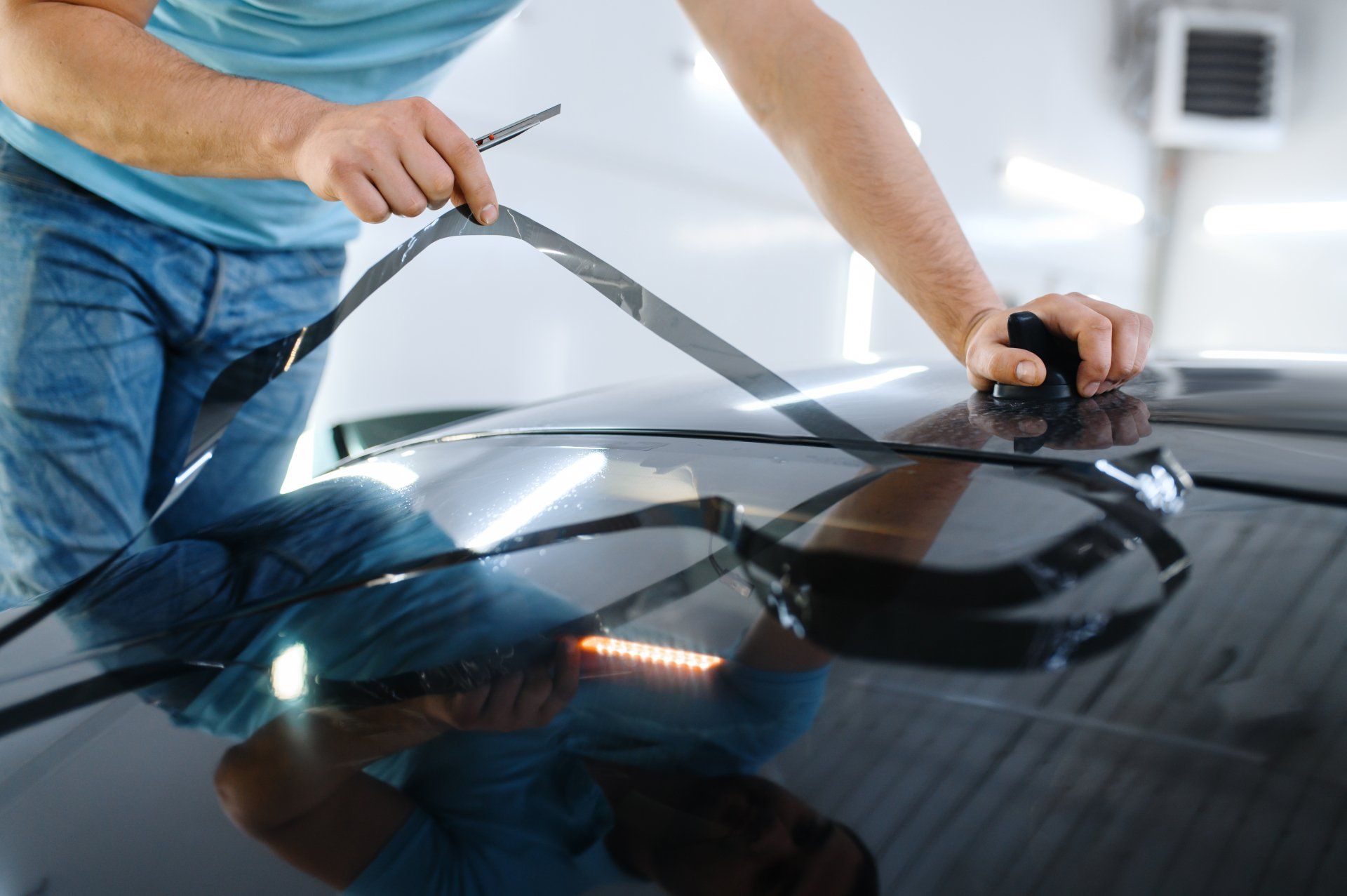
There are over 66,708 car wash and auto detailing businesses in the U.S. alone with 224,874 employees and $12 billion in annual revenue.
One of the most common services that these businesses provide is auto window tinting. They place a thin film over your windows that makes your car look more attractive and makes every ride more enjoyable.
In-shop window tinting is one of the best ways to get these benefits. Having professionals apply the window tint ensures you get the best possible results and stay within legal regulations for how dark your windows can be.
Read our guide to learn more about in-shop auto window tinting, including how it works, the types of tints you have to choose from, how much it costs, and where to have it done.
How In-Shop Window Tinting Works
Car window tinting is the process of applying a darkened film to keep out light and make your windows appear darker. There are several ways to have it done, but in-shop tinting means going into a detailer's location.
Each state has its own rules for how dark you can make your windows. In Georgia, the rules are different for each type of car.
Sedans can't have a non-reflective tint on the top 6 inches of their windshield and must let at least 32% of light through the front and back side and rear windows. SUVs and vans have similar rules but there are no limitations for the back side and rear windows. There are also rules about reflectiveness; no surface on your vehicle can be more than 20% reflective.
Types of Window Tinting Film
There are several types of window tinting film to choose from. The process of applying them doesn't differ much, but they each have pros and cons to consider.
Carbon film is one of the most common types. It's long-lasting and durable. It blocks up to 40% of infrared radiation and is effective at blocking UV rays as well.
Dyed tins are made from layers of plastic infused with dye to make them darker. They're the most basic and affordable option. While they provide visual enhancement and are effective at blocking sunlight and absorbing heat, they're not as effective at blocking UV rays.
Metalized tints are another powerful option made of infused metals. They add a luster to your windows and are strong enough to protect against shattering. They reduce heat and glare but aren't the most effective option for blocking UV rays.
Most detailers consider ceramic the best window tint option. It's made of ceramic particles that make it nonconductive and ensure it won't affect signals from Bluetooth devices, cellphones, or Wi-Fi. It's resistant to shattering. It's also the best at blocking the sun, keeping out 50% of solar heat and 99.9% of UV rays without affecting visibility.
Hybrid tints bring together the benefits of dyed and metalized tints. They're not an affordable option and can block your electronic signals.
When choosing between these car window tints, consider which factors are most important to you. Is your priority price, protection, or privacy? Compare the pros and cons of each type to find the one that fits your preferences and needs.
In-Shop Window Tinting Benefits
Window tinting has long been associated with secret agents and other figures that personify the word "cool," but the benefits of car window tinting extend beyond its aesthetic appeal.
Window tinting provides privacy and reduces the likelihood of a break-in. It also makes you safer when you're on the road because it reduces glare and the likelihood of your windows shattering if you get into an accident.
Window tinting reduces the heat in your car and keeps it warmer on cold days. This effective temperature regulation makes every drive more comfortable for you and your guests and reduces the burden on your AC.
Window tints block UV rays. These nasty forms of radiation from the sun can have various health effects, including:
- Skin cancer
- Premature aging
- Cataracts and eye damage
- Immune system suppression
These same rays can also damage your vehicle's interior by causing the seats to fade or warp. Protecting against them keep it looking its best inside and out for as long as possible.
Window tints can even increase the value of your vehicle if you decide to sell it. Buyers want the protection, aesthetic appeal, and privacy they provide and are willing to pay more for these features.
In-shop auto window tinting provides all of these benefits and lets you be reassured that you're getting quality results from professionals.
Window Tinting Costs
Window tinting costs approximately $100-$800, but several factors affect the final bill.
You'll have to pay more for a reputable brand of car window tints, but the extra money can be worth it because you won't have to reapply it as often. LLumar is one of the most trusted brands in the industry because it's durable and provides a clean look.
The make and model of your car are important, but so is the size and number of windows you want tinted and what percentage you want for each of them. These factors contribute to the size of the job and therefore affect labor costs.
Each auto detailer will charge you a different price for in-shop auto window tinting. Be sure to get quotes from as many of them as possible, ask what brands they carry and if they offer warranties, and find out when you can expect them to complete the job.
Where to Get Your Windows Tinted
Auto window tinting is an increasingly popular service as drivers realize the benefits it provides. It increases your privacy, discourages theft, protects against glare and UV rays, regulates your car's internal temperature, protects its interior, increases its value, and more.
Getting this service starts with deciding what you want. Choose the right window tint for your needs and decide how dark you want it to be. Next, find the right detailer to apply it.
Metropolitan Tinting uses LLamar brand products you can trust for a long-lasting, high-quality tint. Get a free estimate today.




